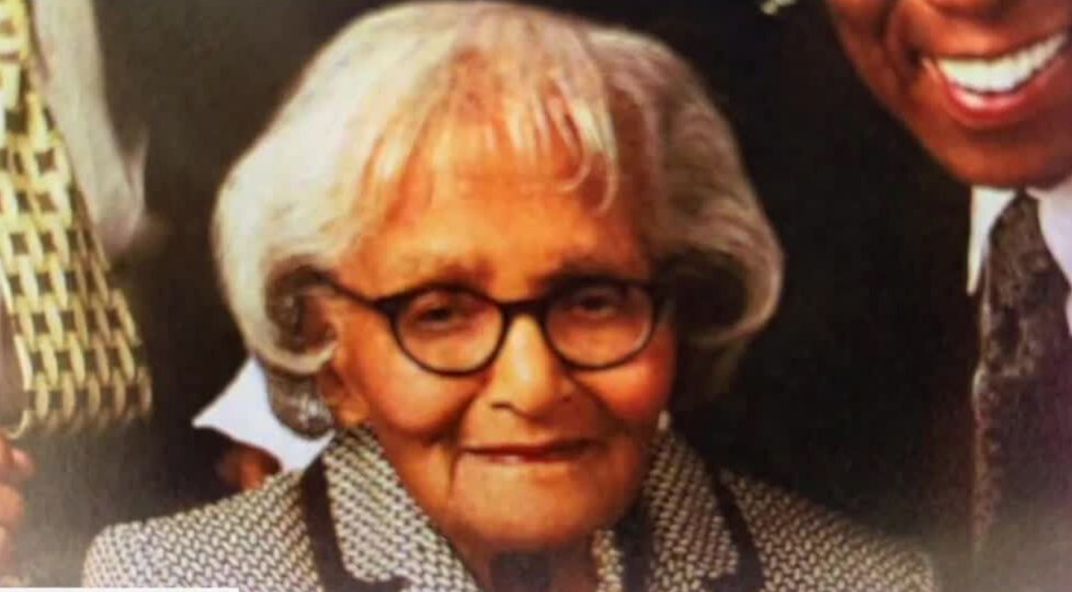Detroit woman who worked on ‘Slave Narratives’ dies at 106
Ola Mae Spinks recorded 2,000 firsthand accounts of enslaved African Americans for congress
Ola Mae Spinks, the retired Detroit librarian who is credited with helping preserve a significant piece of Black history, has died. She was 106 years old.

Ola Mae Spinks, the retired Detroit librarian who is credited with helping preserve a significant piece of Black history, has died. She was 106 years old.
In 1972, Spinks along with another librarian, Phyllis Williams, went to Washington, D.C., and volunteered to help organize what’s known as the “Slave Narratives” in the Library of Congress.
READ MORE: Ohio seeks to amend slavery law still on the books
The firsthand accounts of slavery were captured from 2,000 former enslaved African Americans who were interviewed during the Great Depression.
https://open.spotify.com/episode/7EqV56xsXcxMaCQhYDdQhc
According to Spinks’ son, Bill Spinks, “(The texts were) sorted somewhat by state. But it was just all thrown together in these big baskets, and they began the process of putting it together,” Bill told Detroit’s WXYZ TV. “And what they did (they) laid the foundation for having those books be bound and so forth and put on microfilm.”

German engraving shows slaves as they harvest and process cotton on a plantation, Southern United States, mid 19th Century. (Photo by Hulton Archive/Getty Images)
Her sons note that while Mrs. Spinks’ contribution to the “Slave Narratives” was indispensable, it accounts for a small part of her significant life. Her son said, “She was just a remarkable person.”
Born in Slavery: Slave Narratives from the Federal Writers’ Project, 1936-1938 contains more than 2,300 first-person accounts of slavery and 500 black-and-white photographs of former slaves.

A daguerrotype of Renty, a man enslaved on a South Carolina plantation, taken in 1850 by J.T. Zealy for scientist Louis Agassiz. (Courtesy, Berlin Rosen)
The narratives were originally collected in the 1930s as part of the Works Project Administration which was created as part of the New Deal, which pulled the nation out of the Great Depression.
The narratives are often used in education and research. They are organized by state and by the surname of the enslaved person who gave the interview. The narratives are free and available online at the Library of Congress.
READ MORE: Melania Trump visits National Archives to see slavery docs
The publication of the slave narratives helped provide an accurate account of slavery in America. According to the LOC, the Slave Narrative Collection interviews— has been a critical ingredient in a surge of the scholarship of the subject.
“Without the personal accounts of former slaves, any attempt to present an account of slavery or to comprehend the reality of slave culture, especially from the slave’s perspective, would have lacked a crucial ingredient,” the Library of Congress notes on its website.
Have you subscribed to theGrio’s new podcast “Dear Culture”? Download our newest episodes now!
